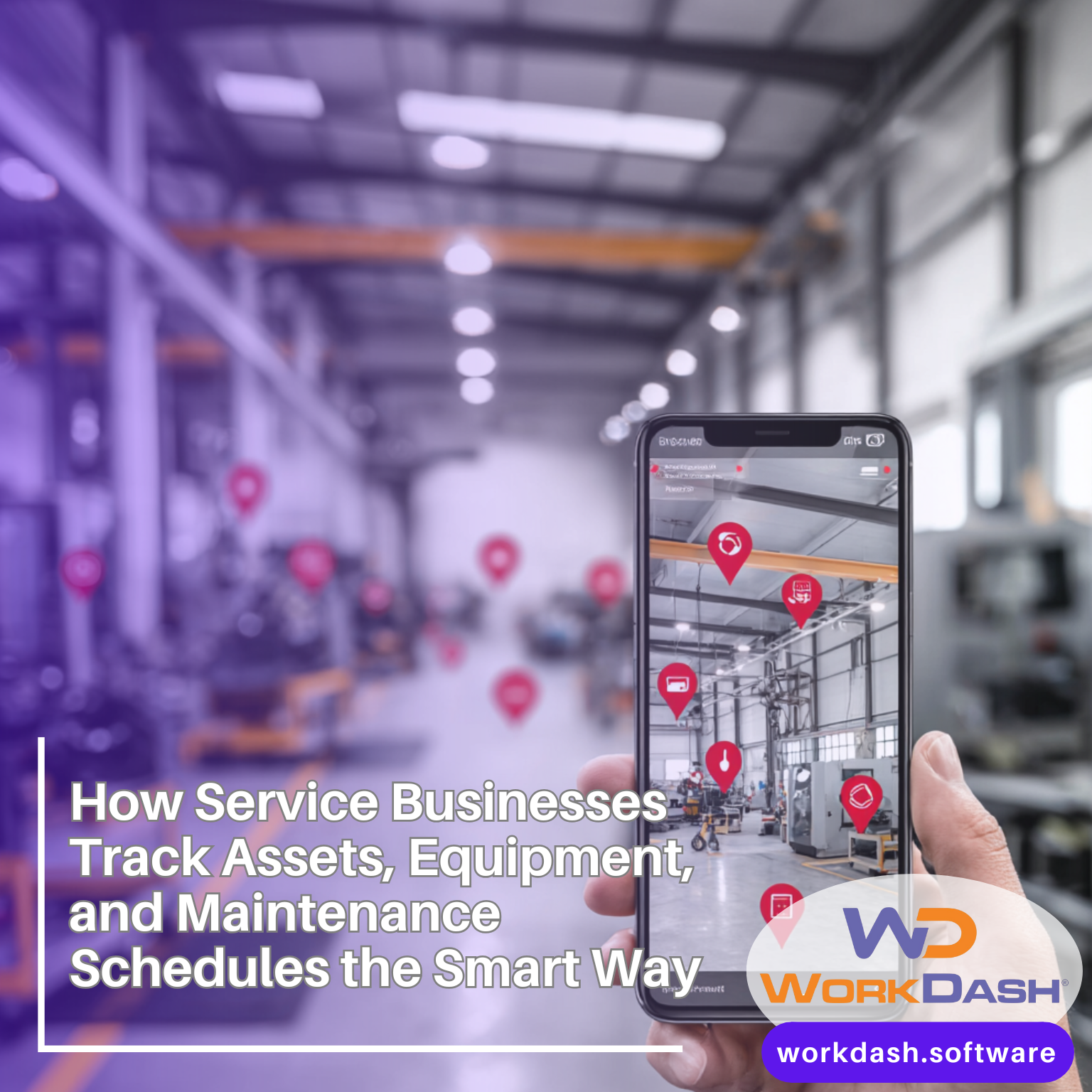Table of Contents
A well-structured schedule is the backbone of efficient business operations. Yet, many companies face common scheduling issues that disrupt productivity, lower employee morale, and impact customer satisfaction.
Poor scheduling practices—whether caused by last-minute schedule changes or misaligned employee schedules—can lead to inefficiencies and unhappy staff. This guide highlights common scheduling problems and provides actionable solutions tailored to Australian businesses.
The Impact of Poor Job Scheduling
Disorganised job scheduling takes a serious toll on businesses. Scheduling issues can cause:
- Missed deadlines.
- Frustrated staff due to unfair scheduling or mismanaged scheduled shifts.
- Decreased customer satisfaction.
For example, overscheduling an employee or failing to consider employee availability often leads to burnout and increased turnover. Addressing common job scheduling issues is crucial for maintaining productivity and fostering a positive workplace culture.
Challenge #1: Handling Unexpected Changes
The Problem: Last-minute cancellations, urgent requests, or staff unavailability can wreak havoc on a tightly packed work schedule. Businesses relying on manual methods struggle to adapt swiftly, leading to inefficiencies.
The Solution:
Use scheduling software like a dynamic scheduling app. These tools offer:
- Real-time updates to manage sudden changes.
- Automated notifications for schedule changes.
- Flexible options for shift swapping and time-off requests.
By adopting robust scheduling systems, businesses can efficiently manage disruptions and reduce the stress of last-minute adjustments.
Challenge #2: Communication Breakdowns
The Problem: Miscommunication about scheduled shifts can lead to missed jobs or incorrect allocations. Relying on outdated methods like emails or phone calls creates gaps in the scheduling process.
The Solution:
Implement centralised scheduling tools that streamline communication. These tools enable:
- Instant updates on employee work hours.
- Shared access to the latest shift schedule.
- Notifications for staff on any schedule changes.
Better communication ensures smoother workflows and eliminates confusion over work schedules.
Challenge #3: Inefficient Resource Allocation
The Problem: Inefficient scheduling practices result in overstaffing, understaffing, or mismatched skill sets for assigned tasks. These scheduling issues negatively impact employee productivity and overall business performance.
The Solution:
Adopt scheduling software with resource optimisation features to:
- Match tasks to the right skill sets.
- Avoid overscheduling or understaffing.
- Streamline the scheduling process to align with staffing needs.
Efficient allocation leads to better workload distribution and reduced labor costs.
Challenge #4: Managing Complex Schedules Across Locations
The Problem: Coordinating job scheduling for multiple sites or teams is challenging without a centralised platform. This is a common issue for businesses in construction, logistics, or service industries.
The Solution:
Use cloud-based management tools for multi-location visibility, offering:
- Centralised access to all employee schedules.
- Real-time updates across locations.
- Simplified coordination for large teams.
Such tools reduce scheduling conflicts and improve operational efficiency.
Challenge #5: Tracking Time and Job Completion
The Problem: Without effective time tracking, businesses struggle to monitor job progress or track employee work hours. Manual methods often lead to missed updates or billing inaccuracies.
The Solution:
Real-time scheduling software like employee tracking apps ensures:
- Accurate updates on job progress.
- GPS-enabled tracking for field workers.
- Seamless integration with payroll for workforce management.
This approach helps improve accountability and visibility into ongoing tasks.
Challenge #6: Adapting to Business Growth
The Problem: Scaling your scheduling process becomes complex as your business grows. Increased job volume and larger teams can overwhelm manual systems or basic tools.
The Solution:
Invest in scalable employee scheduling software designed for growing businesses. Look for features like:
- Support for larger teams.
- Advanced automation for high volumes of jobs.
- Customisable scheduling preferences.
Scalable tools ensure that your scheduling system evolves with your business needs.
Challenge #7: Analysing Scheduling Performance
The Problem: Lack of insights into scheduling practices makes it hard to identify bottlenecks or improve processes. Businesses relying on manual reporting miss critical data on productivity and costs.
The Solution:
Use analytics-enabled scheduling tools to:
- Review employee productivity and scheduling preferences.
- Identify trends like employee turnover or overtime.
- Make data-driven decisions to refine workforce management.
With clear insights, you can fine-tune your scheduling decisions and boost efficiency.
Practical Tips for Solving Scheduling Problems
- Streamline the scheduling process: Use automated tools to eliminate manual errors.
- Encourage communication: Managers and employees can easily communicate shift preferences or time-off requests.
- Foster flexibility: Allow shift swapping and accommodate employee availability.
- Focus on workforce planning: Consider staffing needs to avoid overscheduling.
By adopting these practices, businesses can overcome scheduling challenges and build a more productive work environment.
Conclusion
Effective job scheduling is critical to running a successful business. By addressing common scheduling issues—such as unfair scheduling, understaffing, and poor resource allocation—Australian businesses can improve productivity, reduce employee turnover, and maintain high employee morale.
Don’t let outdated scheduling systems hold you back. Embrace modern scheduling software to optimise your operations and ensure every scheduled shift contributes to business success.
Book a demo with WorkDash. Explore cutting-edge job scheduling software designed to meet the unique needs of your business.





